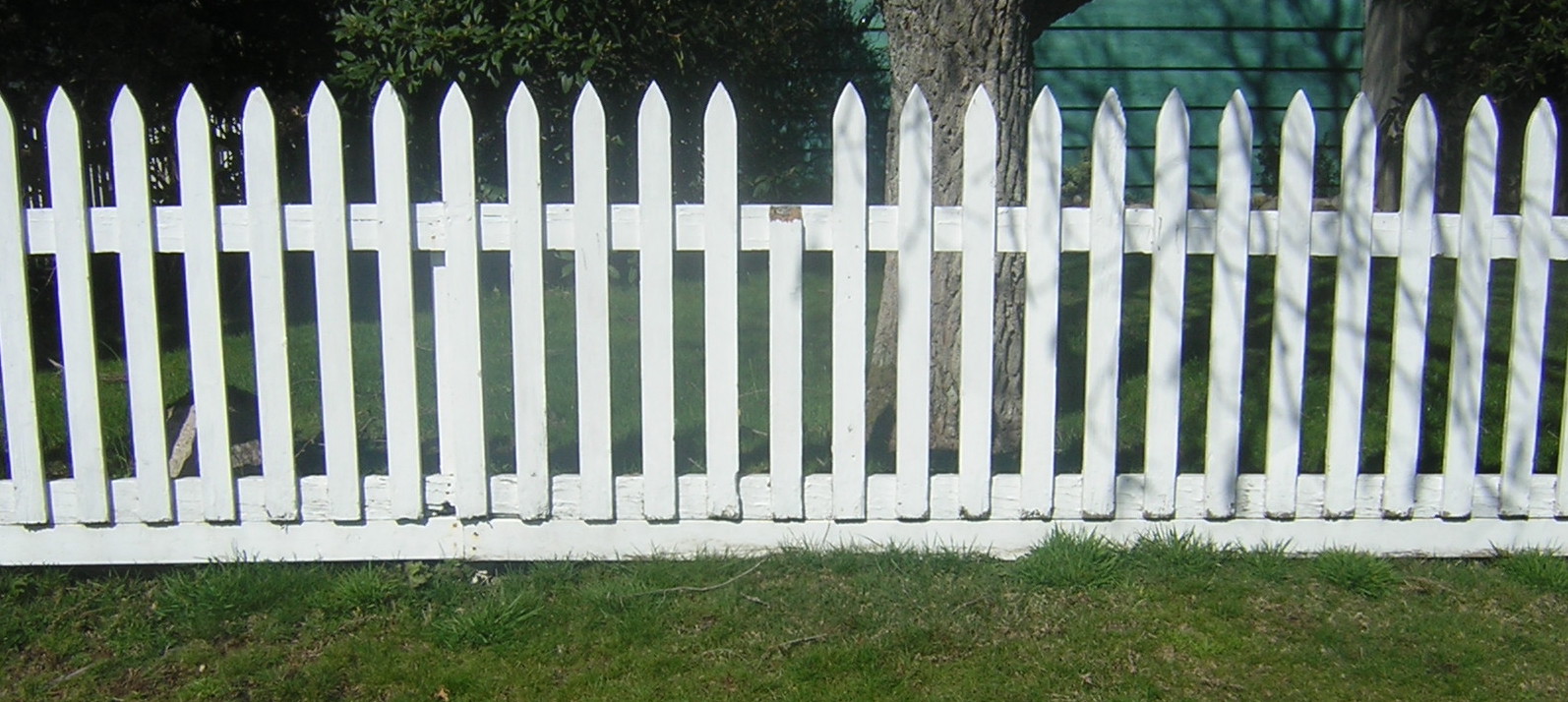Theories of Ownership
Enrolment options

The idea of ownership is so deeply engrained in our mindset, that many people would presume a simple fundamental natural relation as underlying the specific rights and entitlements that any person can assert with regards to the objects that are hers, something like a natural right to private property. However, if we look at the complexity of the rights that may be subsumed under the heading of 'property', and at the variety of potential objects of private property in contemporary societies, it must be concluded that ownership, or private property, is a very sophisticated relation, or set of relations. While we may come to an agreement regarding the types of rights that a person has in an apple that she picked, or in a table that she built, ownership in real estate, copyright, patents, credit default swaps, or carbon offsets is a lot harder to fathom. Yet, it seems that it is crucially important to understand private property, because this particular normative institution structures such a wide portion of our social relations in comtemporary socieities.
In this course we will look at fundamental conceptualizations of the normative idea of ownership. We will look at classical philosophical justifications of a right to private property as they can be found in Locke's or Mill's work, but also at their application to particular spheres of ownership, like real estate, finance, or patents.
A detailed syllabus will be provided at the beginning of the term. Participation in the first constuting session is necessary to take part in the course. An overview of some of the questions relevant to understanding ownership can be found in
Waldron, Jeremy. Property and Ownership. The Stanford Encyclopedia of Philosophy. Edward N. Zalta (ed.).
https://plato.stanford.edu/archives/sum2020/entries/property/
- Teacher: Simon Derpmann